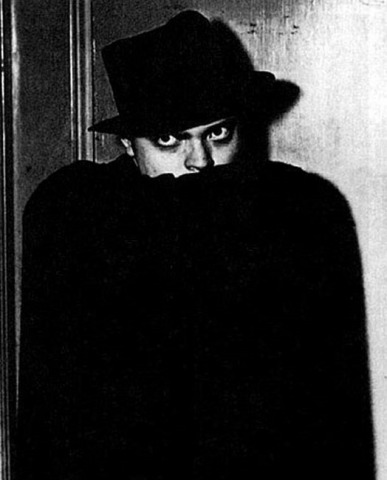
I am still thinking about my friend’s anecdote about the students in his class who thought life had no meaning.
He adds, “there were two or three students who did not buy the nihilism line -- they thought that maybe, perhaps we had a purpose. But they were either unable to articulate it, or unwilling to, due to the strong majority opinion.”
Does anything about the story strike you as strange? Here’s what strikes me. One would think that people who did think life has meaning and purpose would be more willing to confess their conviction than those who didn’t. Yet they the ones who couldn’t or wouldn’t speak up.
The explanation doesn’t lie in the Ursula Le Guin novel my friend had assigned them, for I find the same thing among my own students, and I don’t assign them Ursula Le Guin. Fear of the majority, sure, but why should the nihilists be in the majority? Historically, this is a novel situation. Nihilism – and I speak as a former nihilist – is far from natural for human beings.
My own guess is that in our day, those who believe life has purpose are all too often ashamed to speak up because they aren’t living up to their belief. Although those who deny the proposition generally have even more to be ashamed of, insisting on meaninglessness helps them pretend that they don’t.
Belief is a blade. It can cut you. Nonbelief is a cloak. You can hide in it.
See also: "If I Were a Nightingale"